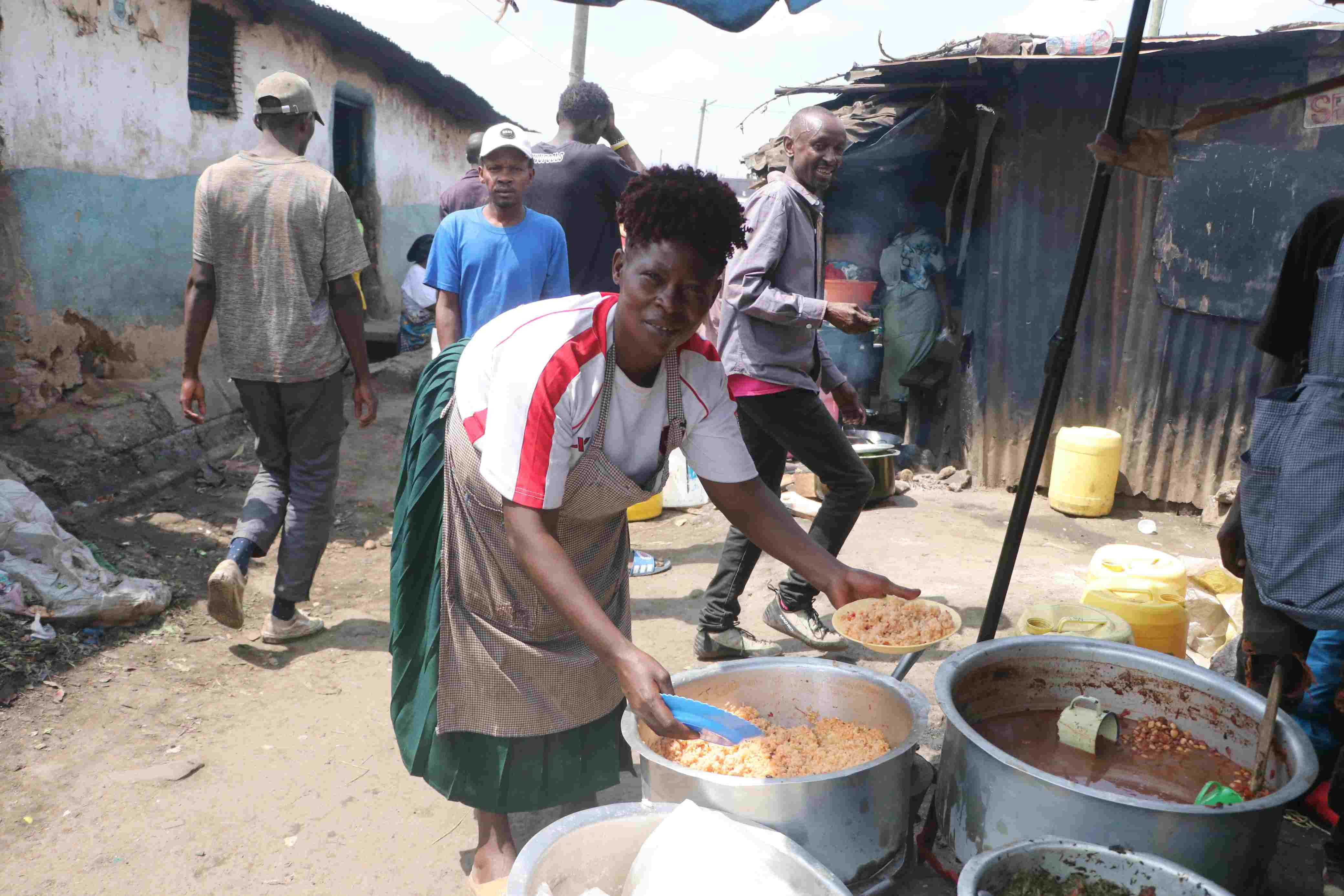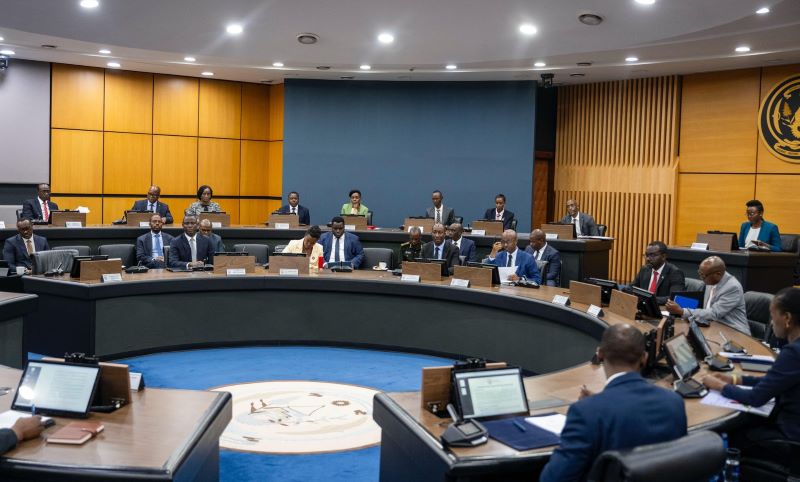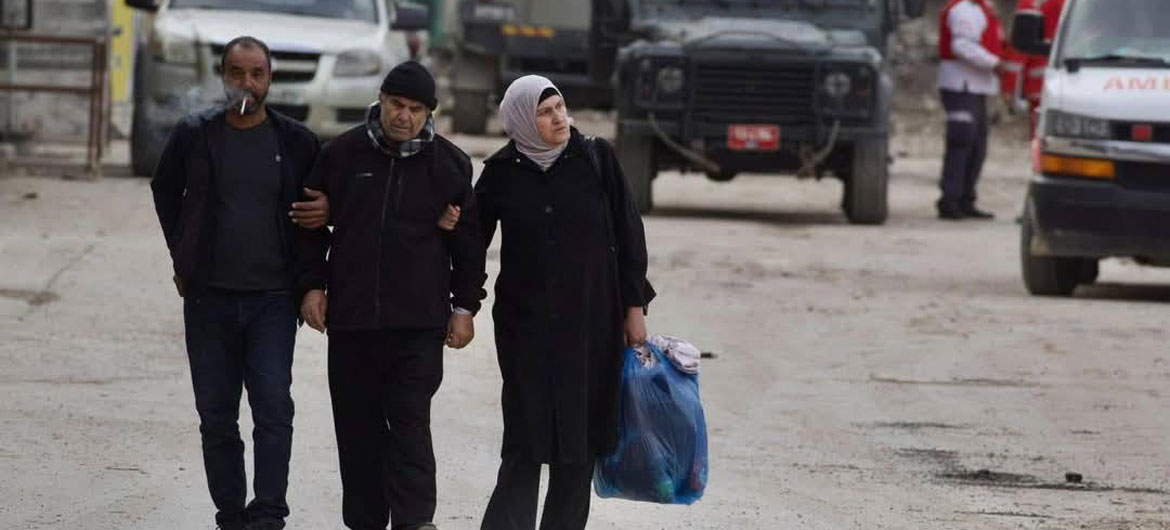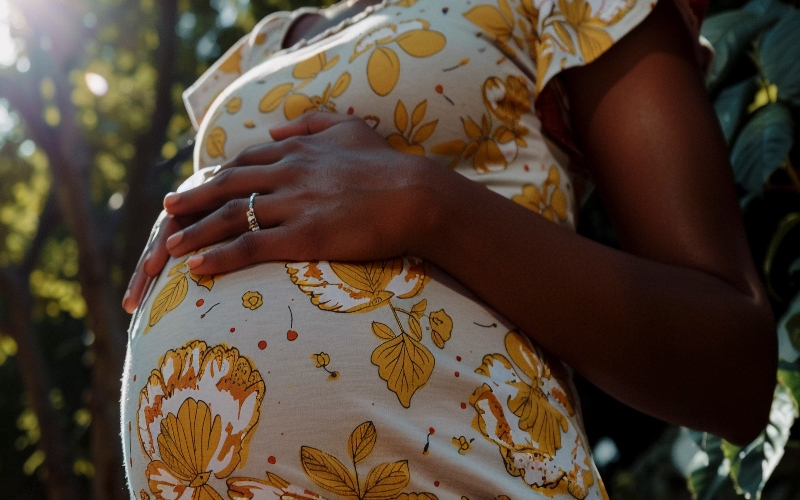Process to refine safety guidelines in informal food sector kicks off

According to the Continental Union, the new guidelines seek to reflect the realities of African food systems to improve how African governments engage with the informal sector in their efforts to improve the safety of foods.
The African Union in partnership with the International Livestock Research Institute is calling on informal food sector players and partners to give their proposals and submissions on a draft policy seeking to refine the informal food market safety guidelines.
Beginning June 10, the continent-wide consultation will focus on the draft guidance designed to address the unique challenges of African informal food markets.
More To Read
- African Union suspends Guinea-Bissau over coup
- African Union, ECOWAS condemn Guinea-Bissau coup, demand release of detained leaders
- Luanda Summit: Europe reinforces ties with Africa as competition intensifies
- AU calls for Africa’s permanent seat on UN Security Council
- IGAD leads new push for Peace in Sudan as regional and global partners back three-step plan
- AU congratulates Ethiopia on winning bid to host COP32 in Addis Ababa
This is in a bid to support African governments to improve food safety across the continent's vast informal food sector.
The consultation process with member states will continue throughout 2024 and 2025 before the framework is scheduled to be presented to the AU policy bodies for approval in 2025.
The draft guidelines have been developed following the AU's continental-wide Food Safety Strategy for Africa, published in 2021 to encourage improvements in food safety management.
According to the AU, the framework will help to address the unique issues that a critical but often overlooked informal food sector faces.
"Africa's informal sector is critical for food security, employment and livelihoods, particularly for the continent's urban poor," it says.
"Roughly 70 per cent of Africa's urban households buy food from informal markets, which includes street vendors, kiosks and traditional market sellers."
However, food safety in Africa's domestic markets, including informal markets, has been historically neglected, or mismanaged. Some 90 million Africans become sick from foodborne illness annually, costing an estimated $16 billion in productivity losses, AU adds in part.
According to the Continental Union, the new guidelines seek to reflect the realities of African food systems to improve how African governments engage with the informal sector in their efforts to improve the safety of foods.
"Food and nutrition security is a human right, and yet unsafe food undermines this right for millions of Africans every year," said John Oppong-Otoo, the Food Safety Officer at the African Union International Bureau for Animal Resources (AU-IBAR).
"We believe these new guidelines will provide realistic and practical guidance to help governments work with the informal sector and gradually transform it to safely and sustainably sustain the population."
ILRI on the other hand says while compliance with food safety standards has improved in Africa's exported goods, progress has been limited when it comes to the domestic informal sector, which is typically fragmented and under-resourced.
"Western approaches to improving food safety, which include compliance with strict requirements and involve complex documentation processes, are only suited to the formal sector, which is regularized and has sufficient financial resources," said Silvia Alonso, the senior scientist epidemiologist, at ILRI.
"The reality is most African consumers buy food from the informal sector, which requires different approaches for food safety management. With the right support, governments can unlock the informal food sector as a vehicle for healthy and safe foods for all, and a source of decent and dignified employment for men and women, especially youth, in Africa."
Top Stories Today














































